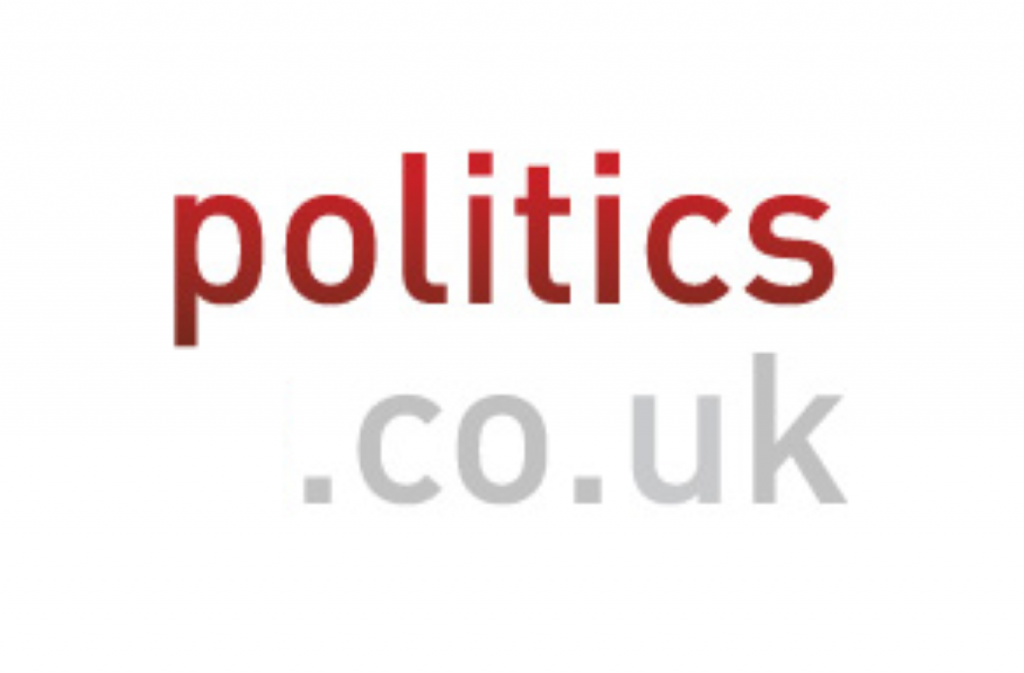Treasury rejects ‘censorship’ claims
The Treasury has rejected as “completely false” suggestions that it skewed the debate about flat rate taxes by ‘censoring’ documents outlining the benefits and disadvantages.
Ministers have always insisted they are unconvinced about the benefits of flat taxes, which would abolish all exemptions and charge the same rate of tax on all personal and corporate income.
And a Treasury paper released under the Freedom of Information Act last month suggested the balance of evidence was generally against introducing flat taxes in Britain.
But sections of the document blanked out in this public version have now been seen by the Daily Telegraph, and reveal the overall picture the paper paints is much more balanced.


One omitted section admits the central argument in favour of flat taxes, that they could increase economic activity and tax revenue by making Britain more attractive to foreign investors.
“The reduction in rates and thus the tax burden faced by individuals should, in theory, stimulate further economic growth”, the newspaper quotes, and would establish “a one-off virtuous circle from tax cuts to economic growth to tax revenue”.
Shadow chancellor George Osborne last night accused the government of covering up the arguments in favour of flat taxes, saying: “This is not freedom of information.
“What we have had verges on deliberate disinformation, because the arguments in favour of flat taxes were removed, giving the impression that the Treasury had analysed flat taxes and found that there were serious problems.”
Under the Freedom of Information Act, the government is entitled to block out advice to ministers in any documents released to the public, in order to ensure they are not put off giving fair and frank advice.
But a spokesman for the Treasury insisted that this was decided by lawyers and rejected suggestions that ministers had edited this document as “completely false”.
“Other claims that Treasury officials edited this disclosure in a biased way are also untrue as arguments both for and against flat taxes were removed,” he told politics.co.uk.
“HM Treasury has consistently met its duties under the Freedom of Information Act, and released a wealth of information, which is publicly available.
“However it is also important that officials are not prejudiced in their provision of free and frank advice to ministers by unchecked disclosure, this is simply following the letter of the law.
“Ministers have already stated publicly that they are unpersuaded of the case for flat taxes in the UK.”
Supporters of flat rate taxes cite booming eastern European economies such as Estonia, attributing their success to the investment attracted by low taxes.
But Treasury officials reject such comparisons, saying the UK has a much more mature economy and so has different considerations.
Mr Osborne himself is undecided about the benefits of the system but has not ruled the idea out, saying only there is a “major risk” to the UK economy if a way to lower taxes was not found.
To read the Treasury report on flat taxes click here.












